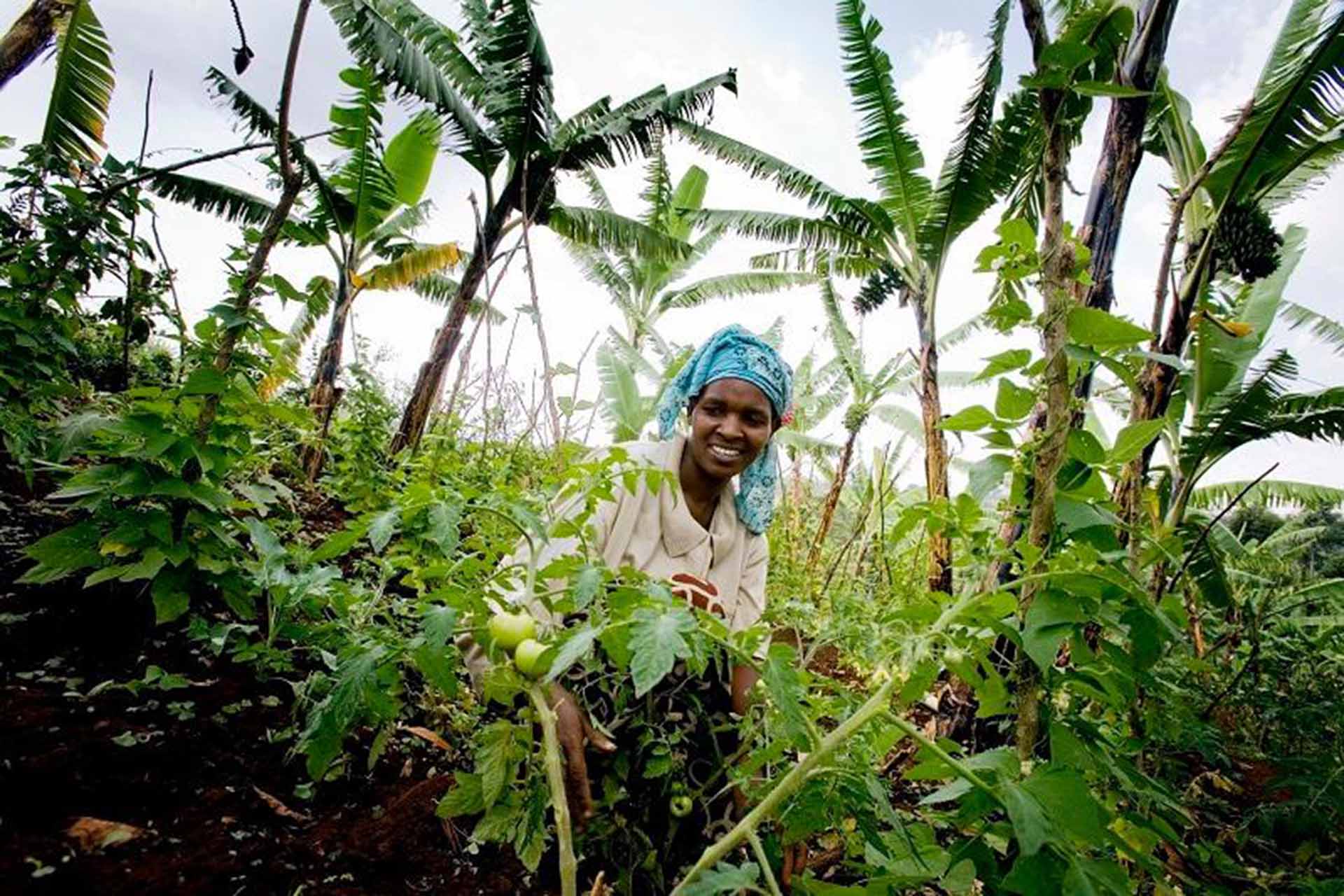
By Janani Vivekananda, International Alert & Regan Leahy, Hogan Lovells International LLP
Last month we were both delighted to be part of the Women for Change breakfast on climate change. Amongst the complex issues discussed were the ways in which climate change affects peace and security in fragile contexts, and what members of WfC in particular, and the private sector more broadly, can do to reduce some of these risks. From our respective peacebuilding and legal backgrounds, we wanted to look at these risks and opportunities to peace and sustainable development through the private sector lens.
The Ultimate ‘Threat Multiplier’
Climate change is the ultimate ‘threat multiplier’ and where conflict is already a scourge, it can be a major inhibitor of achieving peace. Climate impacts aggravate fragile situations and may contribute to social unrest and even violent conflict. The problem takes the amorphous shape of compound risks that emerge when the impacts of climate change interact with other challenges that weak states already face such as unemployment, weak governance institutions and ethnic rivalries. The combination of risks can overburden them and increase the risk of instability. And what’s more, the consequences of conflict and instability prevents those that are most vulnerable to climate change from adapting to it effectively, thus trapping them in a vicious cycle of climate change and conflict risk. Even seemingly stable states with thriving private sectors, such as Kenya, can be pushed towards fragility if the pressure is high enough or the climate shock is too great.
But the picture need not be so bleak – these risks are not inevitable. Stakeholders, both public and private, investing in such contexts need to understand these interlinked risks and know how to manage them appropriately.
The NGO Space
Governments, civil society and business all play a role here.
Sustainable management of climate sensitive natural resources and livelihoods are a key component of resilience. Livelihood insecurity is a major driver of conflict. And climate change will increase the insecurity of people who depend on natural resources such as water, timber and agricultural land for their livelihoods, which could push them to migrate or turn to illegal sources of income – which could expose them to a range of human rights risks.
CASE STUDY: GUATEMALA
In Guatemala, coffee provides jobs for 11% of the workforce – 90% of whom are small or medium sized producers who depend heavily on harvest yields for cash flow. In recent years, coffee leaf rust has devastated crops across Central America. The rapid spread of the fungus – linked to climate related increases in temperature and rainfall variability – robbed Guatemala of 75,000 jobs in the coffee-sector during the crop year 2012-13 alone, representing 15% of the coffee sector’s total workforce. With the highest levels of inequality and poverty in Latin America, the country is one of the most violent in the world. Lack of economic and social opportunity, combined with access to guns, has fuelled the spread of organised crime, gangs and narco-trafficking. Additional pressures on livelihoods posed by climate change will exacerbate livelihood pressures in an already stressed country and may potentially increase crime and insecurity as coffee workers seek alternative ways to make a living.
Conflict is not inevitable though. In the case of Guatemala, climate-fragility risks can be reduced if unskilled rural labourers and youth are less dependent on coffee for income and have diverse alternative income sources through job training programmes or support with sustainable alternative crops for example. Such activities can be supported by private sector actors seeking to promote sustainable and conflict sensitive investments in fragile and climate affected settings.
Collective Responsibility
A global deal, such as COP21, is of course the best way to diminish the threat posed by climate-fragility risks in the long-run and we need to do all we can to promote the implementation of our commitments in both the public and private sectors. But in the short to medium term, a greater focus is needed on how to support communities affected by climate change to ensure they can adapt and cope to climate impacts without resorting to violence.
Conflict and climate sensitive supply chains will also become a more pressing consideration for companies as climate change impacts increasingly put pressure on already fragile states. According to Accenture research, more than 80% of companies are now concerned about supply chain resilience. In addition, 83% of businesses report that international disaster relief programmes contribute to more stable and sustainable markets according to Business in the Community’s research.
This all underscores the need for shift from reactive to proactive risk management. This entails addressing the root causes of vulnerability to socio-political and economic changes which climate change will compound. And some in the private sector aren’t wasting any time.
What role do you play?
During the dynamic and thought-provoking discussion, Women for Change members around the table shared these ideas of how they and their companies could address climate change issues.
- Ensure that all engagement in fragile contexts affected by climate change are conflict sensitive and climate proof.
- Understand the linked risks posed by climate change to security, economic stability, and investment risk in fragile states and ensure activities do not intensify these risks.
- Ensure that all investments and activities in climate affected contexts take account of future climate projections and ensure equitable use of scarce or variable natural resources such as water between the company and local community.
- Environmental impact assessments need to go beyond simply looking at the impact of activities on the environment at one given moment, but look at the long-term implications on local communities’ resilience to climate change.
- Find ways to build resilience to risks through sustainable livelihoods, providing job security, insurance and welfare benefits such as maternity leave and pensions to employees.
- Use opportunities to encourage national governments to adopt and promote equitable natural resource management and land rights laws and policies.
These are just some of the measures that the dynamic members of Women for Change can take up and share across their networks. There are many more, but the first and most promising step along the path has already happened – and that is the start of the conversation, which Women for Change commendably initiated. The continuation of this conversation will enable us to share thoughts and ideas, learn from each other and find new and exciting ways to collaborate to find ways of adapting the way do business to promote peace and resilience to climate change impacts amongst the most vulnerable.


